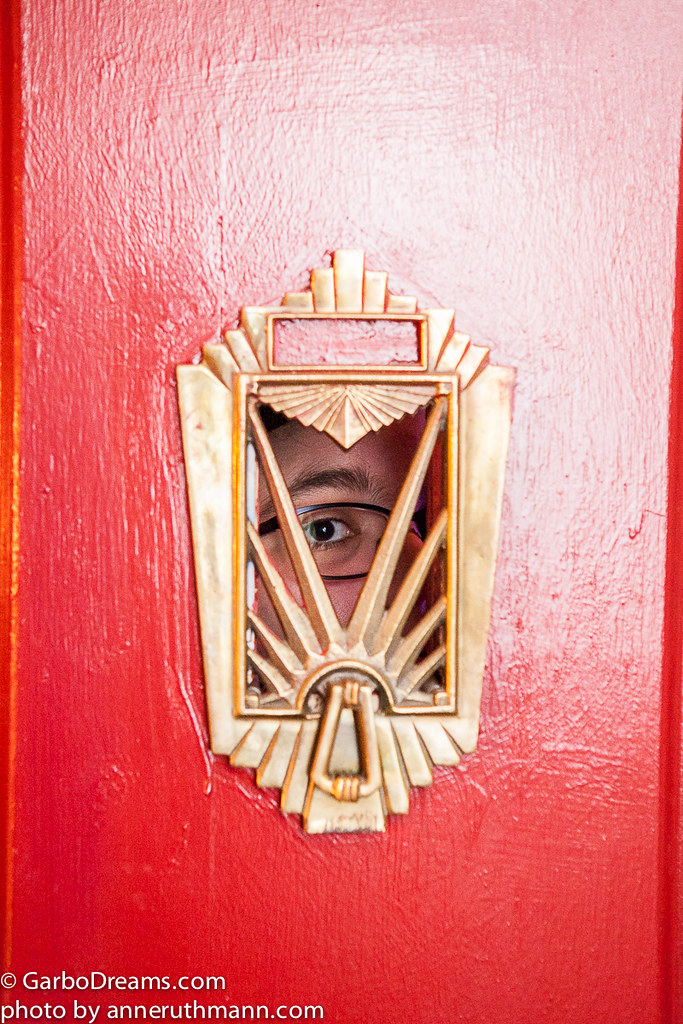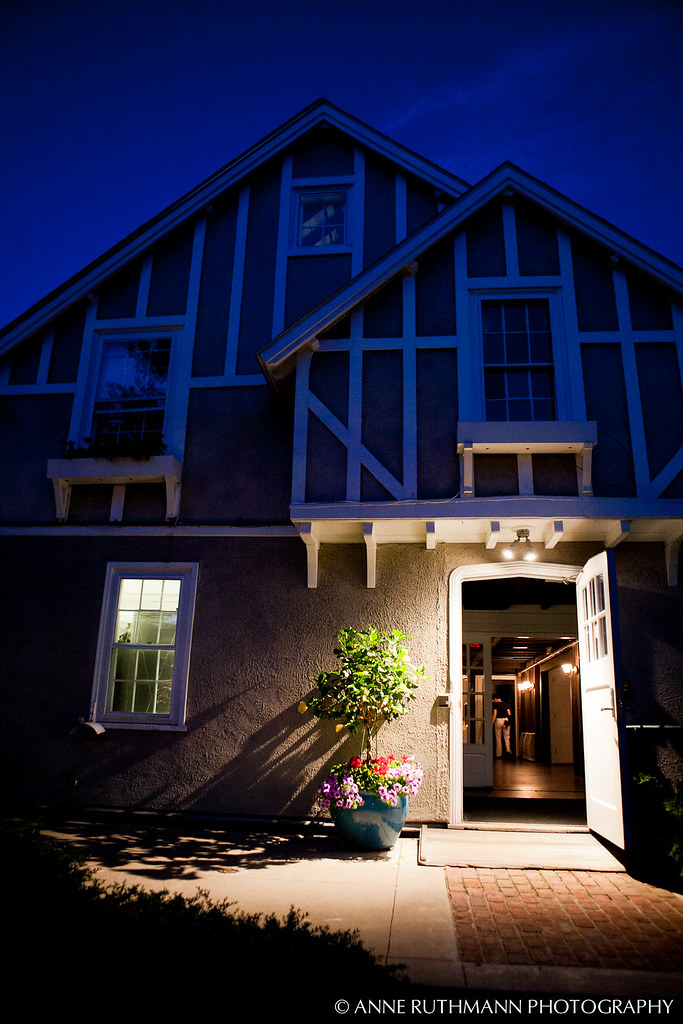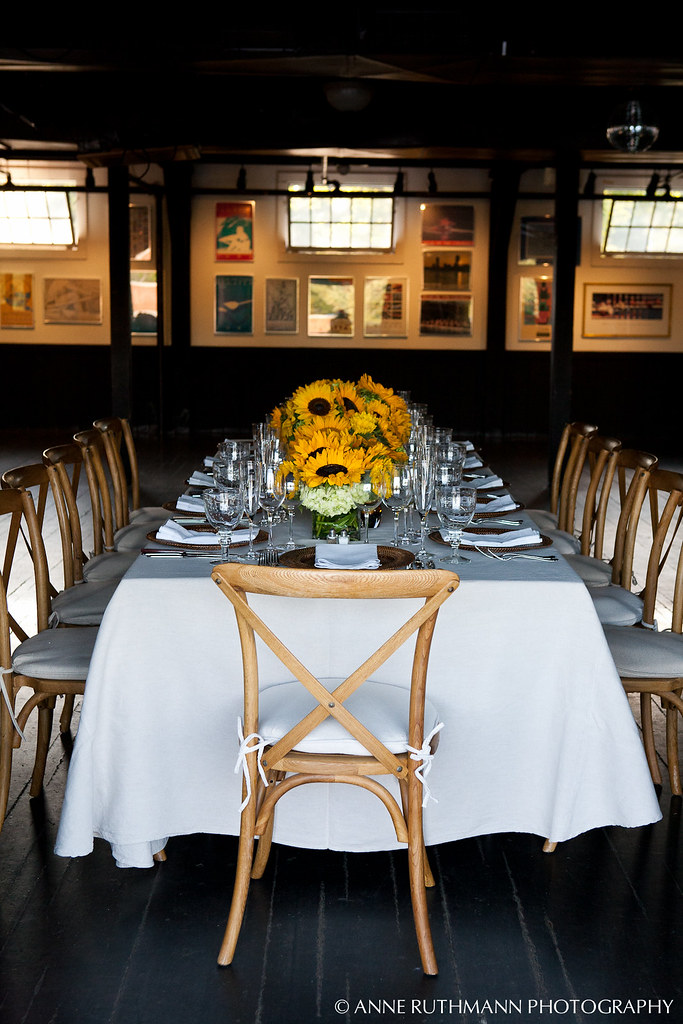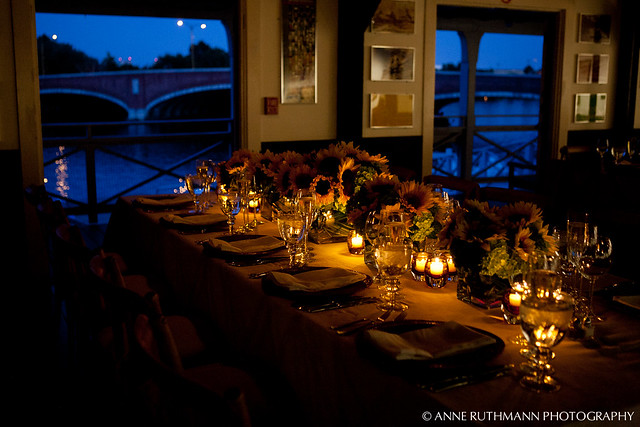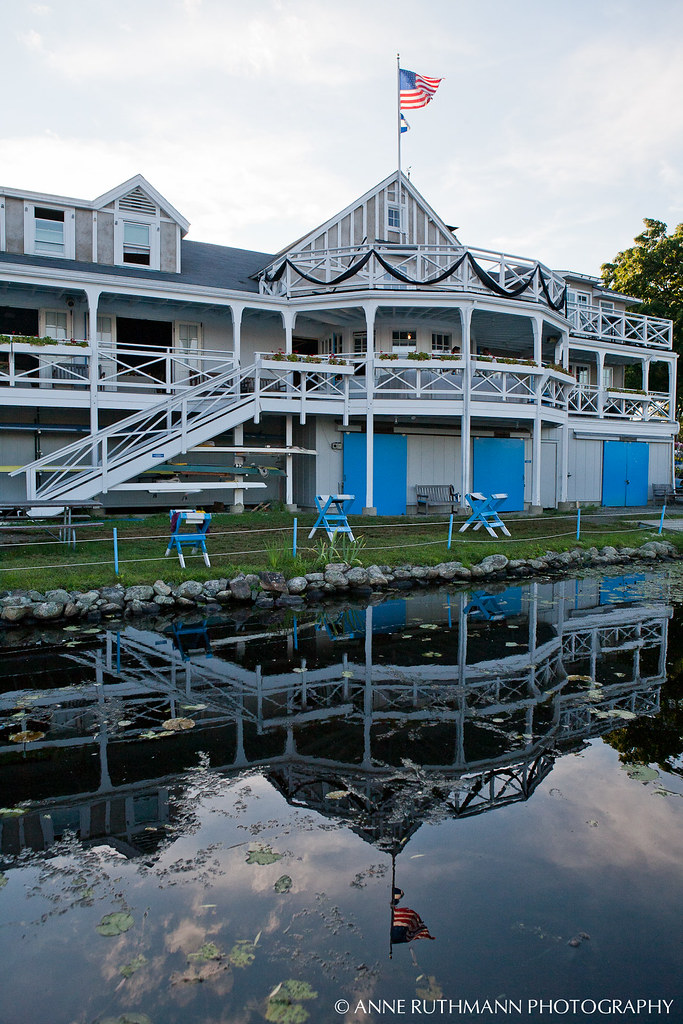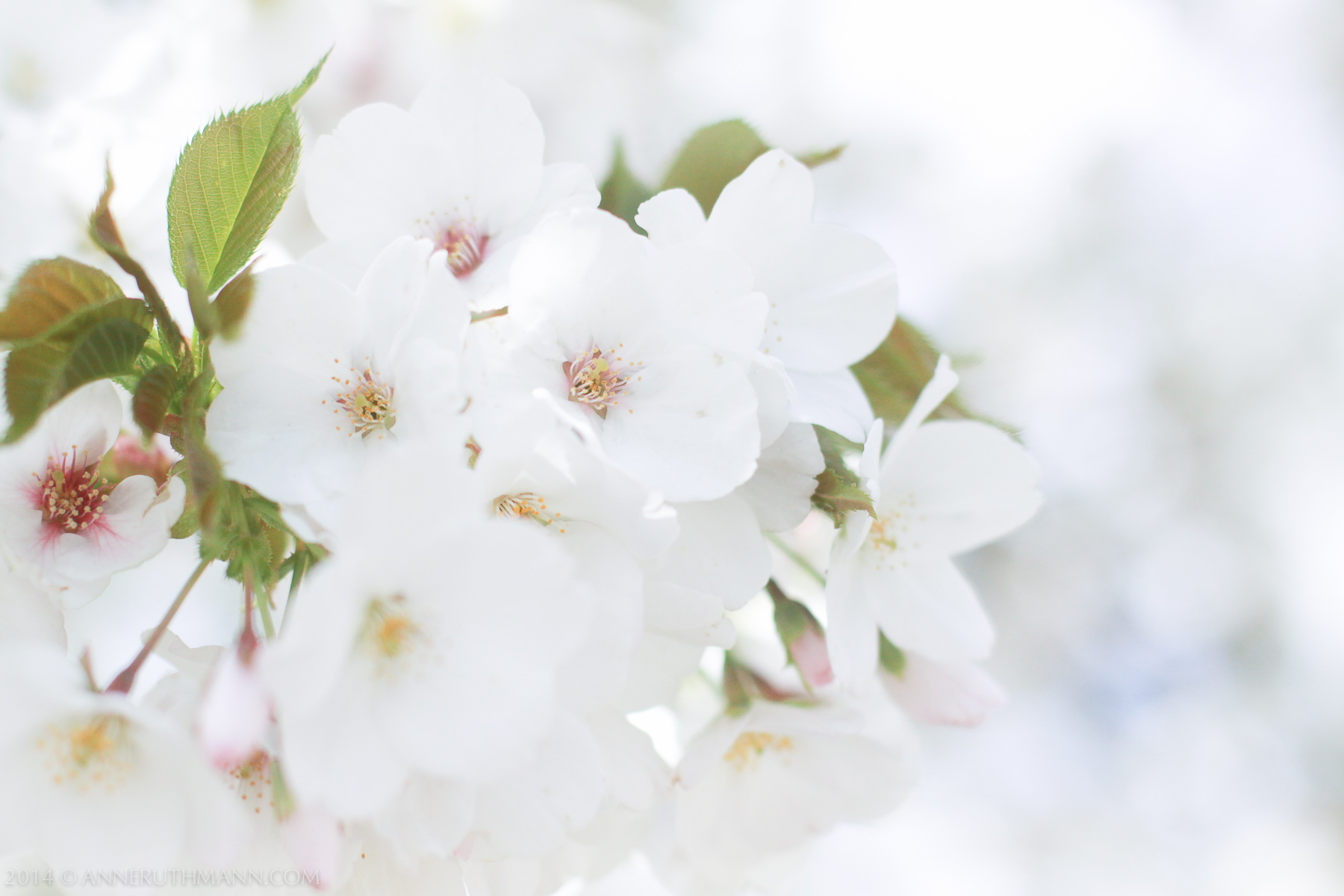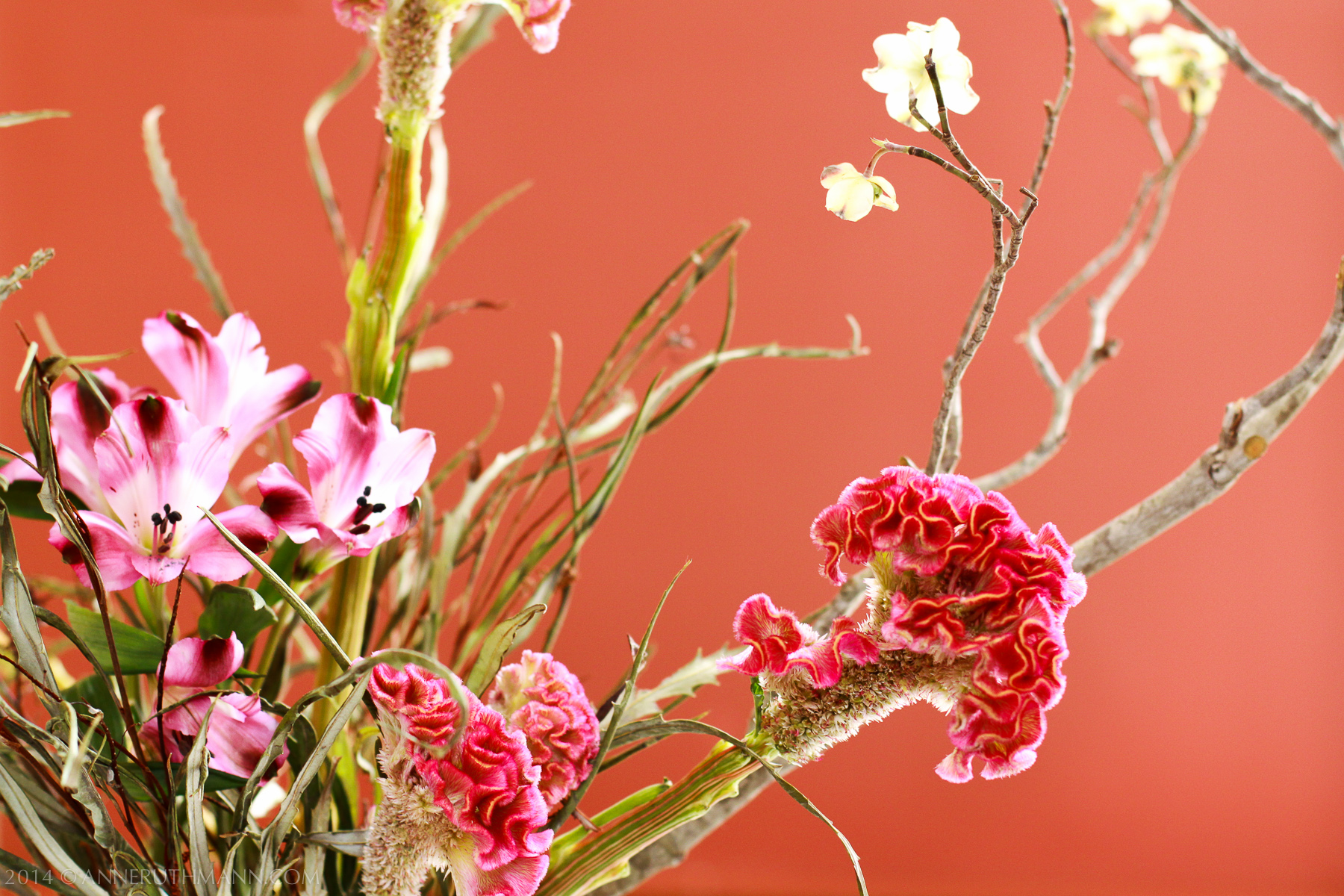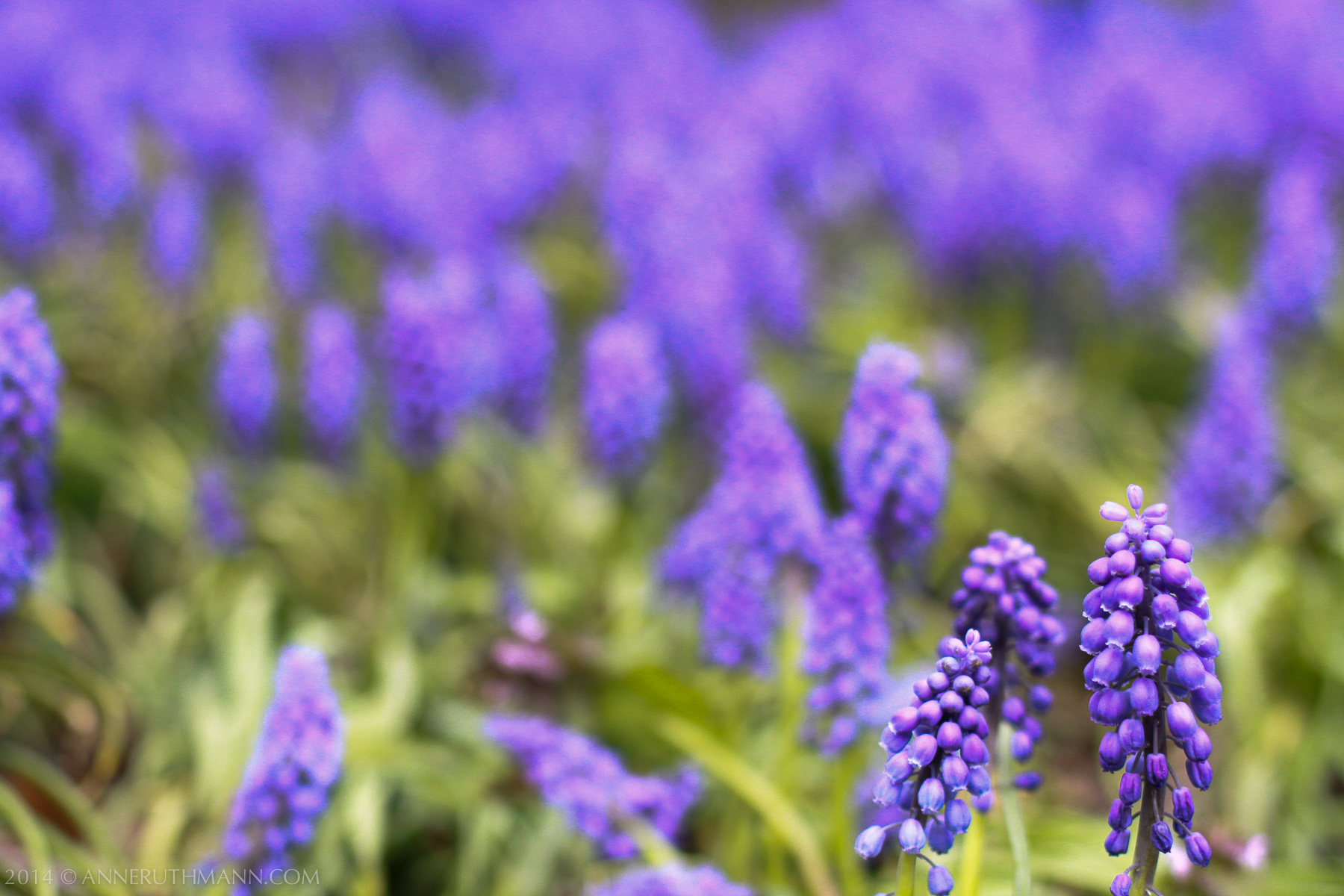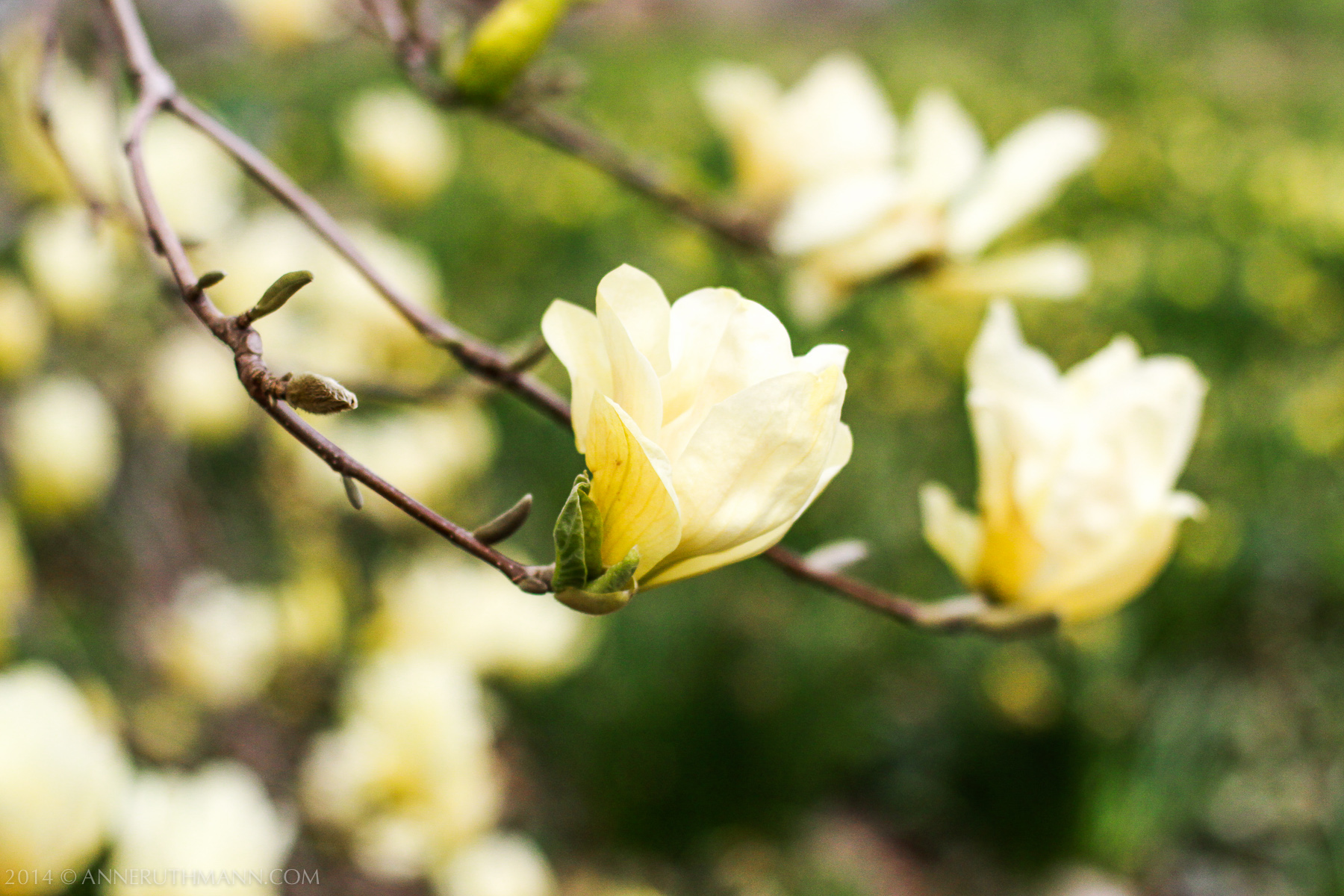In the last 3-4 years I've seen a steep increase in my everyday clients requesting additional privacy of their images for things like celebrations and family portraits. Sometimes it's because of their political stature, occasionally for the sensitivity of celebrity guests, and most often with regular families just because they really prefer to protect their image from being shared in any way that isn't approved by them first. I've encountered more speakeasy-style events with an intimate audience in which guests are asked to leave their phones and cameras at the door, as well as home events or private gatherings away from traditional public access to keep the atmosphere secluded. Many people want to focus on having fun, but still want some great photos to remember the event by, so they hire a photographer who helps put their guests at ease and provides private access to images, but rarely do they consider all the ways in which we can protect their privacy. Read on to learn about the many ways you can protect your image privacy online.
As much as I appear to share openly on Instagram, Twitter, or Facebook, I fully appreciate the differences between a very public life and the privacy desired in a personal life, especially when everything else about a person's life can be so public regarding their career. People come to feel like they know me well over social media, but in reality, they're only getting the story that's curated for public consumption. So, when clients ask to keep their images of family photos, weddings, or other personal celebrations private, I completely understand.
Hiring a professional photographer for an event can ensure greater image privacy and quality curation than working with an amateur who has no formal privacy agreement or business reputation to maintain. Before you work with a professional, it's important to define what level of privacy is desired in advance. If all expectations are clear and well-defined before any work begins, it will prevent any surprises or slip-ups later on. Whether you're working with me, or another photographer, here's a check-list of questions regarding privacy protection that you might want to consider:
As much as I appear to share openly on Instagram, Twitter, or Facebook, I fully appreciate the differences between a very public life and the privacy desired in a personal life, especially when everything else about a person's life can be so public regarding their career. People come to feel like they know me well over social media, but in reality, they're only getting the story that's curated for public consumption. So, when clients ask to keep their images of family photos, weddings, or other personal celebrations private, I completely understand.
Hiring a professional photographer for an event can ensure greater image privacy and quality curation than working with an amateur who has no formal privacy agreement or business reputation to maintain. Before you work with a professional, it's important to define what level of privacy is desired in advance. If all expectations are clear and well-defined before any work begins, it will prevent any surprises or slip-ups later on. Whether you're working with me, or another photographer, here's a check-list of questions regarding privacy protection that you might want to consider:
Online Proofing Gallery:
- Does the photographer offer a password-protected online gallery?
- Is the gallery publicly searchable?
- Does the gallery require email log-in so that invited visitors can be tracked?
- Can the proofing gallery be made available only to the client and to no one else?
- Is it possible to make select images private while still allowing guests to see most of them?
- Are images watermarked to provide an added layer of protection in case of a screen capture?
- How easy does the online gallery make it to share images on social media without registration or approval?
- Is there an option to proof in person instead of using an online gallery?
Blogging:
- Is it important that a blog post or portfolio of images be made available to the client first before sharing in a public format?
- If the photographer has permission to blog some of the images, which images are OK to blog, and which are not? For example, a private event may approve public sharing of images related to the venue, catering, decor, and flowers, as long as no images of people or faces are to be made publicly available. This solution helps the photographer and other vendors promote their creative work, while still protecting privacy for the client.
- If approval is given by the client to allow certain faces or moments to be shared publicly for the photographer's use and public portfolio, can any names be used with the images? If so, first names only, last names only, or initials only? (This is often taken into consideration most when a family has children that they are concerned about sharing publicly.)
Social Media:
- What sites are approved for sharing the images on, and what ones are not? This comes into play because many social media sites and image banking/sharing sites retain permissions and controls over the images once they are uploaded to that site.
- Will images be watermarked when shared online to provide an extra layer of client and photographer protection if they go viral? What kind of watermarking or other image protection is important and appropriate for the images that are made publicly available?
- If an image appears to be featured on an unapproved website or format, whose responsibility is it to pursue the removal and privacy infringement of that image placement?
Image Ownership:
- In the event of client or photographer death, who retains permission and control over the images and honoring the privacy agreement?
- Does the client have the ability to purchase full rights to the images, sacrificing all privacy protection and control that can be offered by the photographer?
Do you see any privacy considerations missing from this list? Let me know by leaving a comment here so others can see what you feel is important to know as well. If you'd like me to be your discreet photographer, please visit http://anneruthmann.com to get in touch.

